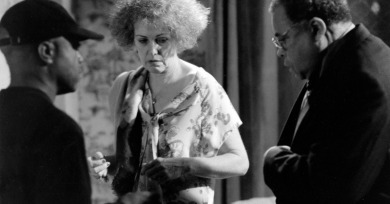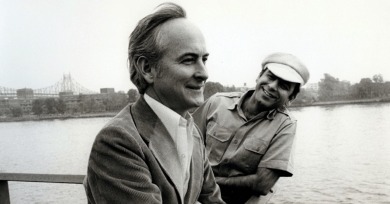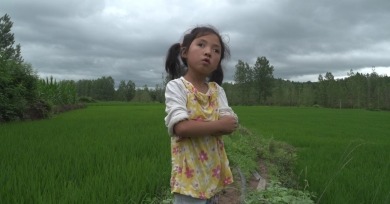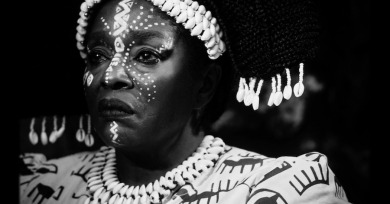Frank Falisi
The fugitive joys of the characters in Killer of Sheep emanate, as they so often do, from the collision of art and the body. A dancing woman clings to her lover’s chest, and a boy leaps between building tops. A voice within me cries: ascendence remains not only plausible, but essential.
Its willingness to paint sixties establishment folkies as potentially just as extractive as their more legibly villainous record mogul counterparts would have meant something if the film had any interest in actually investigating the prickly relationship between art and commerce.
His films are often extraordinarily sensitive contraptions motored by desire. Watching and rewatching the work of James Ivory in 2024 reveals that a certain frankness around love and life was always a part of that operation, even as obviousness was avoided at all costs.
The film demonstrates the way a certain strain of reactionary masculinity oppresses both the relatively privileged Thomas and the Malagasy characters, though a third act point-of-view shift ensures that this analysis does not equivocate the suffering of occupier and occupied.
The village first drew Zhang Mengqi back as a subject in filmmaker Wu Wenguang’s Folk Memory Project, a collection of oral histories from people who lived through the Great Famine.
Does folklore come to us or react to what we give it? Mami Wata, C.J. “Fiery” Obasi’s third feature and the first by a Nigerian filmmaker to premiere at Sundance, is principally concerned with the meaning and scope of the stories we pass to each other.





